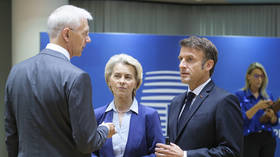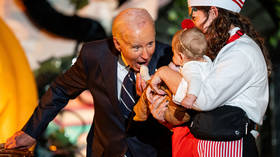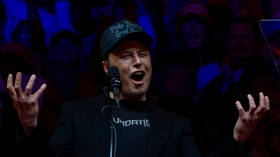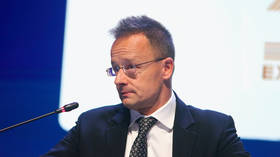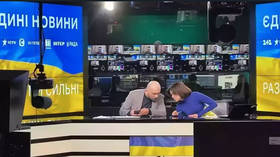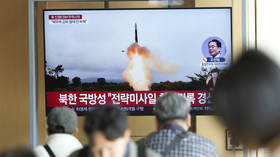Dmitry Drize: EU leaders have decided to militarize, so what now?
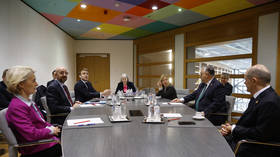
The EU does not intend to die for the Donbass. This was stated by its foreign policy commissioner Josep Borrell last week. The leaders of the countries of the Western European bloc will discuss increasing defense spending and decide on the fate of frozen Russian assets at their next summit.
Borrell urged his colleagues not to inflame the situation and frighten ordinary people for nothing. The senior official was referring to recent comments made by French President Emmanuel Macron, who has spoken of possibly sending troops into Ukraine.
From the Kremlin’s standpoint, the behavior of Western leaders so far seems indecisive, but serious changes could be afoot.
The next EU summit could be described as historic. The main issue is not even the fate of Russia's frozen assets, but the fact that, perhaps for the first time, the bloc is discussing the transition to a military economy. As European Council President Charles Michel put it, the time has come to change the paradigm of defense and security relations. The essence of this is that Western Europe was totally unprepared for war. Nobody expected it, and nobody even thought it was possible.
What were their priorities? Climate - they wrote guidelines for farmers on how much carbon monoxide their cows should emit so that they don’t spoil the environment.
What else? Gender neutrality, multiculturalism, gender equality - against such a happy, rosy background, they forgot about the military threat. Now they have to catch up. They will have to trade in not only their economic but also their political yardsticks so that the electorate really and seriously believes in a Russian threat.
That, too, will require considerable investment.
There are no details yet, but the extreme poles have been outlined. The tone has been set by Macron. The French president has not ruled out sending troops to Ukraine.
Some of his allies have expressed alarm at this and are denying the possibility in every possible way. However, the reality is that nothing can be ruled out, including this scenario, especially if the Ukrainian front line falls.
To avoid all this, they need to find the means to help Kiev more actively. Incidentally, Donald Trump spoke about this when he was in office - they did not listen. But he was right. Now, Estonian Prime Minister Kaja Kallas has said that the policy of increasing military spending is political suicide for her, but there is no other choice.
And what about Russia, which is cited as the main threat? They speak of terrible punishments, but have failed to define their exact nature.
Our former partners have not yet made up their minds. Nevertheless, I would like to remind you of one simple thing: if a disease is not cured, it will not go away by itself; it will only get worse.
It’s the same with military conflicts, because they have a habit of growing out of control if they are not stopped in time.
We remember how the situation around Ukraine developed, in its first phase: first they sent small arms, then tanks and missiles, now aircraft.
And what are we hearing now? Left-wing politician Josep Borrell says: The EU does not intend to die for Donbass. It’s clear that nobody wants to do that. But reality is sometimes different. And it has only been two years.
However, let us not frighten anyone. For now these are just words.
This article was first published by Kommersant, translated and edited by the RT team
